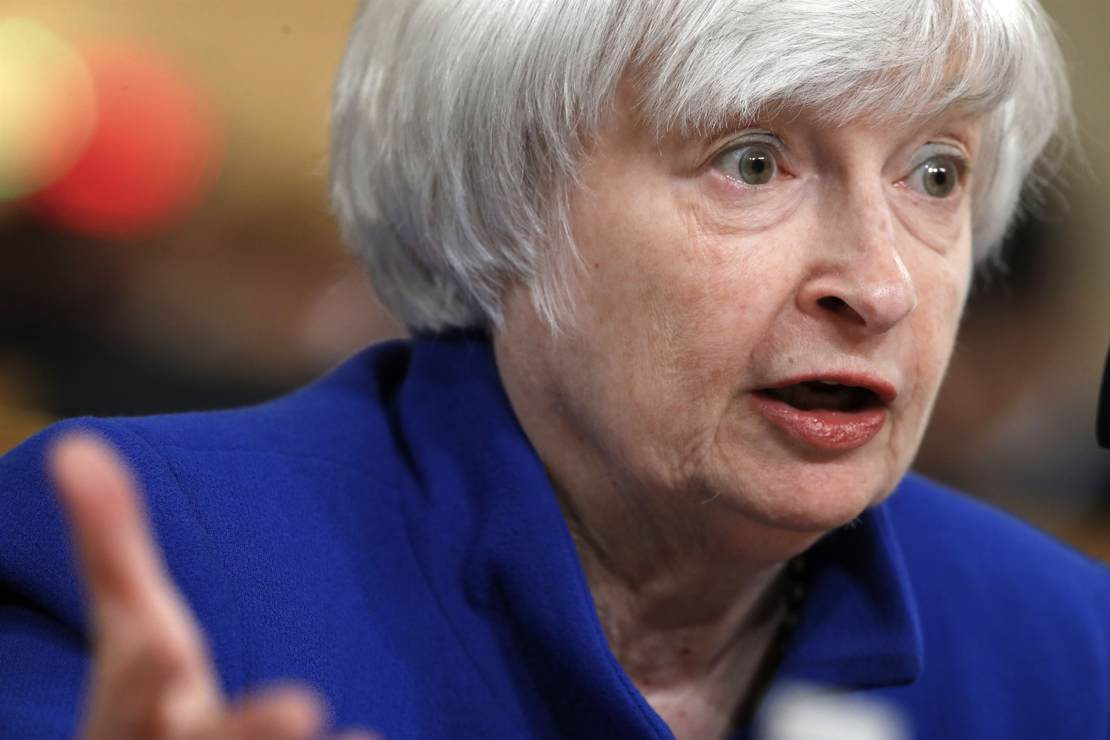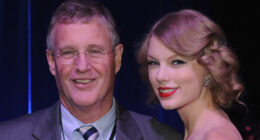
Earlier today I wrote about the rise of inflation last year even as President Biden and Treasury Sec. Janet Yellen repeatedly downplayed the threat. Here’s what Yellen was saying a year ago.
Yellen says that the Federal Reserve may need to respond to rising prices, leading to a brief panic in the stock market and, later, a clarification from the treasury secretary. “It may be that interest rates will have to rise somewhat to make sure our economy does not overheat,” Yellen says at a forum sponsored by the Atlantic on May 4.
After the stock market dips, Yellen tells the Wall Street Journal at a separate event the same day: “I don’t think there’s going to be an inflationary problem, but if there is, the Fed can be counted on to address them.”
Yellen finally acknowledged the problem in June saying inflation would rise to 3 percent by the end of the year. But even then she added, “But I personally believe that this represents transitory factors.” But six months later, on December 10, it becomes clear that inflation is at 6.8 percent and it’s not transitory. Today, Sec. Yellen admitted she was wrong.
US Treasury Secretary Janet Yellen admitted Tuesday that she had failed to anticipate how long high inflation would continue to plague American consumers as the Biden administration works to contain a mounting political liability.
“I think I was wrong then about the path that inflation would take,” Yellen told CNN’s Wolf Blitzer on “The Situation Room” when asked about her comments from 2021 that inflation posed only a “small risk.”
As CNN points out, this is part of the coordinated push coming from the White House to try to help Biden’s sagging poll numbers.
Beyond Yellen, a number of other economic aides have flooded cable news airwaves in the hopes of driving the message that Biden is dedicated to bringing down the prices of gasoline, food and housing, which have led to a slump in his approval ratings.
The President, Yellen said Tuesday, knows “what an important and huge burden inflation is placing on American households.”
In his WSJ opinion piece, Biden said he was committed to fighting inflation as his top priority but then said step #1 in doing that was to acknowledge “the Federal Reserve has a primary responsibility to control inflation.” So between laying this at the feet of the Fed and having his own Treasury Secretary fall on her sword, it’s clear Biden is looking to avoid taking the blame for this personally.
Here’s the interview with Sec. Yellen. Her chief strength as a communicator seems to be the ability to run out the clock by offering long answers full of talking points. Wolf Blitzer only manages to squeeze three questions into this 4 minute clip. Her first answer in which she admits getting it wrong last for 90 full seconds.
READ RELATED: Lincoln Project and Nikki Fried Humiliate Themselves With Fake News Attack on DeSantis
If you manage to stick it out to the end, Blitzer asks if it’s going to get worse in the short term. Again, Yellen’s answer rolls on for almost a minute but she finally says, “we can’t rule out further shocks.” That’s either a very long-winded way of saying ‘I don’t know’ or it’s a very sly way of avoiding saying that things will probably get worse before they get better.
[embedded content]
Finally, the Washington Post did an interview with Larry Summers earlier today in which Summers once again predicted a “soft landing,” meaning curbing inflation without a recession, was not very likely.
David, nothing is certain in economics, and so no forecast should be made with greater than a 75 or 80 percent probability. But we do know this. We know as your clip introducing this quoted me to say that when inflation has been above 4 percent and unemployment has been below 4 percent, we’ve always had a recession within the last–next two years. And right now, inflation is well above 4 percent and unemployment is properly measured well below 4 percent. So, I think the likelihood is that we’re not going to get through this with a soft landing.
Now, the consensus forecast is more optimistic than that, and it may turn out to be correct. But my own judgment is that given where we have been, it is going to be very difficult to get through–get through this, that we now have wage inflation running at a close to 6 percent rate and the tightest labor markets we’ve ever seen in our country. And I don’t see how we can get inflation to substantially decelerate without wage inflation falling substantially, and I don’t see any reason to think wage inflation will fall substantially unless there’s a substantial loosening in labor markets, which would mean higher unemployment.
Here’s the full interview:
[embedded content]
Update: Did Yellen misspeak? Hard to believe but Treasury is reacting as if this were a gaffe.
A Treasury spokesperson sends along this statement following Janet Yellen’s comment to Wolf earlier that she had been “wrong” last year about the path of inflation: pic.twitter.com/68XQujWvXb
— MJ Lee (@mj_lee) June 1, 2022
Source:






